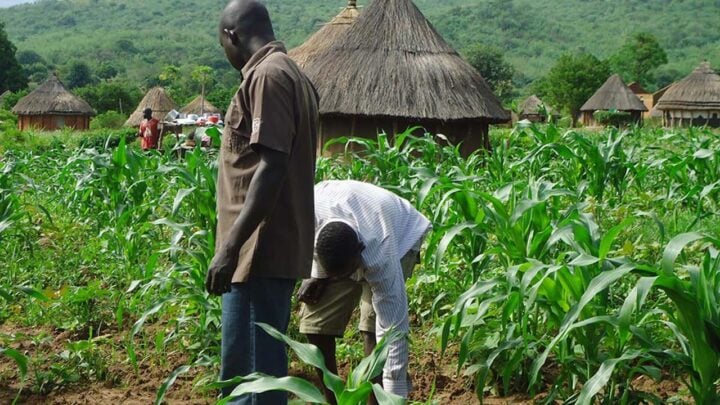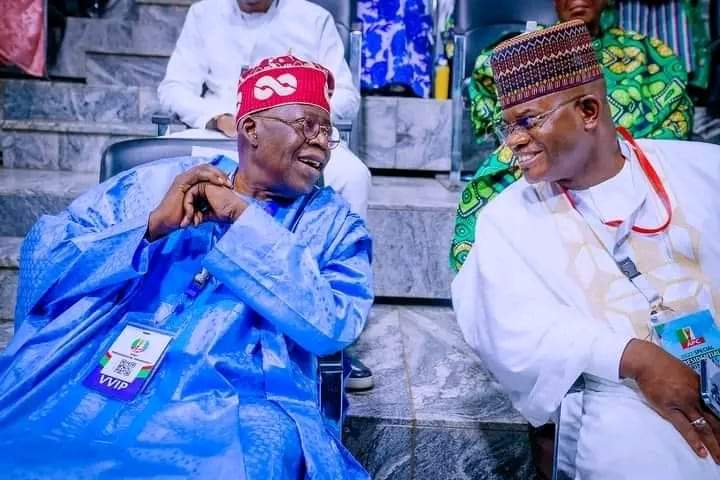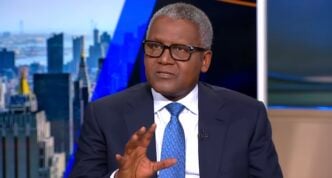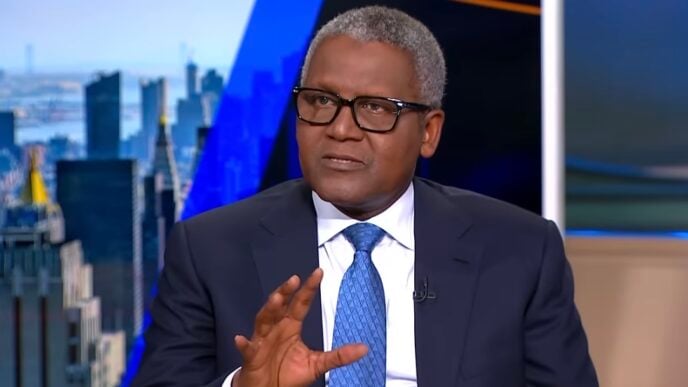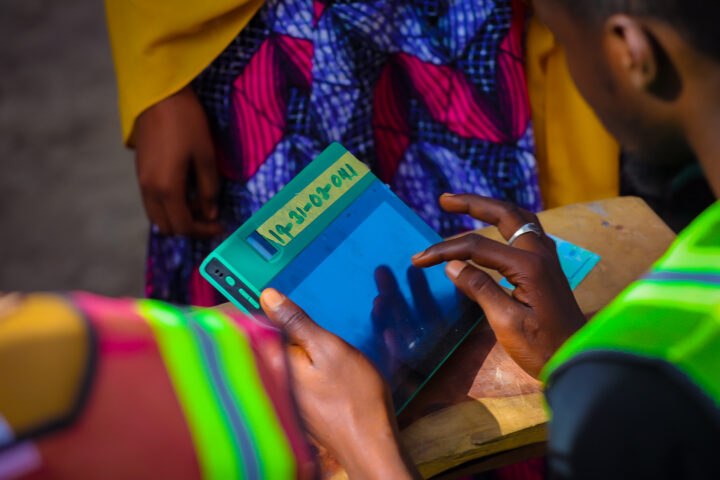The World Bank has launched ‘AgriConnect’, its flagship initiative meant to boost agriculture and assist smallholder farmers in moving from subsistence to surplus.
Ajay Banga, president of the World Bank Group, spoke on Friday during the annual meetings of the International Monetary Fund (IMF)/ World Bank in Washington DC, the United States.
Banga said AgriConnect is the bank’s new initiative to turn small-scale farming into an “engine of lasting growth, jobs, and food security”.
The president said the initiative builds on the ecosystem around cooperatives that would integrate financing for farmers and SMEs, link producers to markets and harness digital tools, like artificial intelligence.
Advertisement
This, he said, is underpinned by a pledge to double financing in agribusiness to $9 billion yearly and mobilise an additional $5 billion.
He said the group is also finalising a minerals and mining strategy to help countries move beyond raw extraction into processing and regional manufacturing.
The president further said the move would enable more value and more jobs to “stay local”.
Advertisement
“We expect to share this strategy in the coming months,” he said.
“So, how do we make this real? We begin with a single Country Partnership Framework across the World Bank Group, that is developed with the country’s leadership and our subject matter experts.”
Banja said each framework was a long-term strategic plan that united the full capacity of relevant institutions within the World Bank Group around a focused set of priorities.
He noted that the priorities would be tailored to a country’s unique needs and ambitions.
Advertisement
“In one country, that might mean end-to-end mineral value chains,” the president said.
“In another, tourism rooted in nature and culture, perhaps stronger health systems that heal and employ or agribusiness ecosystems that lift smallholder farmers.
“The path is tailored, but the fundamentals are shared.”
Banga listed the fundamentals to include building infrastructure, setting clear, predictable rules and supporting private investment.
Advertisement
According to the World Bank chief, to reach scale and free up the balance sheet for the toughest challenges, the group must unlock the full power of the private sector.
He said this is the reason why “we are breaking down barriers to investment and creating conditions where private capital can deliver development impact”.
Advertisement
